How Tariffs and International Trade Affect Sustainable Packaging in the EU & UK
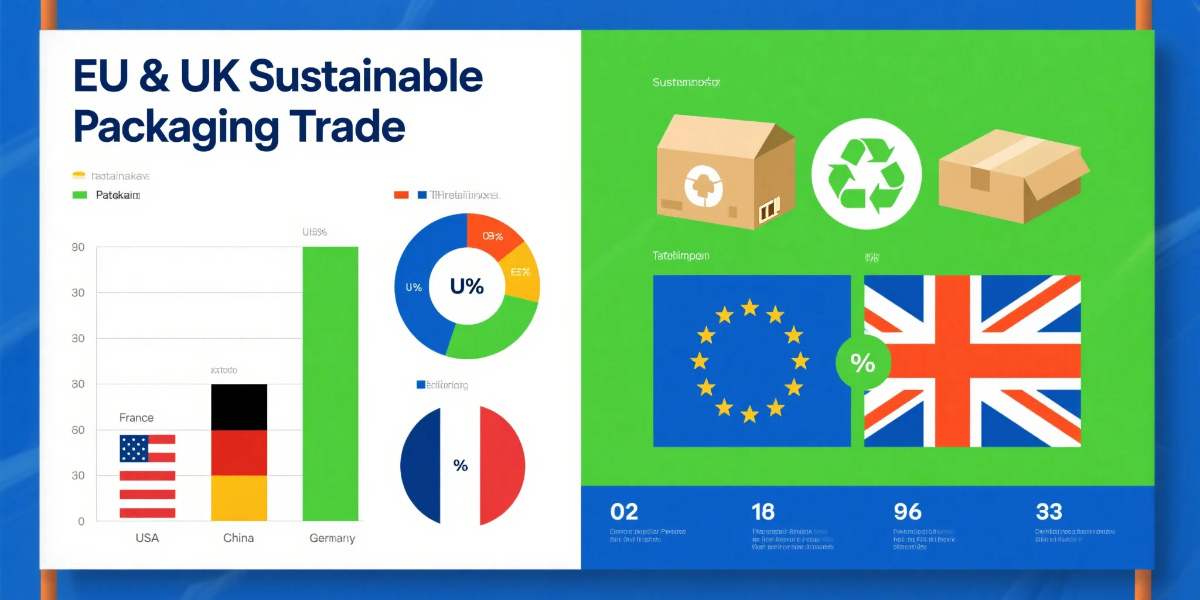
How Tariffs and International Trade Affect Sustainable Packaging is becoming a critical topic in today’s globalized economy, especially across the EU and UK. Businesses, policymakers, and consumers are witnessing how international trade policies and tariffs directly influence the growth and adoption of eco-friendly packaging. Understanding these dynamics allows stakeholders to prepare for cost fluctuations, regulatory challenges, and sustainability opportunities in an evolving green marketplace.
Understanding Sustainable Packaging in the EU & UK
Sustainable packaging in the EU and UK has become more than an environmental trend—it is now a regulatory and economic necessity. Companies are shifting to biodegradable, compostable, and recyclable materials to meet consumer demand. International trade plays a major role in determining supply chain access, and tariffs often decide whether eco-friendly packaging remains affordable.
How Tariffs Impact Sustainable Packaging Imports and Exports
Tariffs can increase the cost of importing raw materials like bioplastics, recycled paper, or mycelium-based alternatives. When duties rise, sustainable packaging suppliers in the EU and UK struggle to remain competitive. At the same time, local producers may benefit from reduced competition. This is why analyzing how tariffs and international trade affect sustainable packaging provides crucial insight for eco-friendly industries.
Case Study: Post-Brexit Packaging Trade
Brexit reshaped trade rules for the UK. Importers of eco-packaging from the EU faced new tariff structures, customs checks, and supply delays. This created challenges for companies relying on sustainable packaging imports, forcing some businesses to shift production locally.
Role of International Trade Agreements on Sustainable Packaging
International trade agreements shape how tariffs and duties apply to sustainable packaging products. The EU often negotiates free-trade deals that reduce import taxes on eco-friendly goods. However, international trade conflicts or protectionist policies may hinder progress. Understanding how tariffs and international trade affect sustainable packaging helps businesses plan ahead.
EU Circular Economy Action Plan
The EU has launched the Circular Economy Action Plan, which promotes eco-friendly packaging. Reduced trade barriers for sustainable goods support innovation, but tariffs on imported raw materials can still challenge long-term adoption.
Challenges Businesses Face in the EU & UK Packaging Market
- Rising material costs due to tariffs.
- Compliance with multiple regulations after Brexit.
- Limited access to sustainable alternatives from outside markets.
- Consumer demand for eco-friendly packaging is despite higher costs.
Opportunities in Local Sustainable Packaging Production
While tariffs create challenges, they also encourage domestic innovation. The EU and UK governments are investing in sustainable packaging startups. Businesses are exploring local production of compostable packaging, mycelium-based materials, and biodegradable plastics. This demonstrates how tariffs and international trade affect sustainable packaging by reshaping opportunities in Europe.
H3: Investment Trends in the UK Green Packaging Industry
Post-Brexit incentives encourage British manufacturers to produce sustainable packaging locally, reducing reliance on imported raw materials. This shift enhances self-sufficiency and strengthens the green economy.
Future Outlook – Balancing Trade and Sustainability
The future of sustainable packaging in the EU and UK will depend on international cooperation, reduced tariff barriers, and supportive policies. As consumers demand greener alternatives, trade policies must evolve. How tariffs and international trade affect sustainable packaging will remain a decisive factor in the success of eco-friendly industries worldwide.
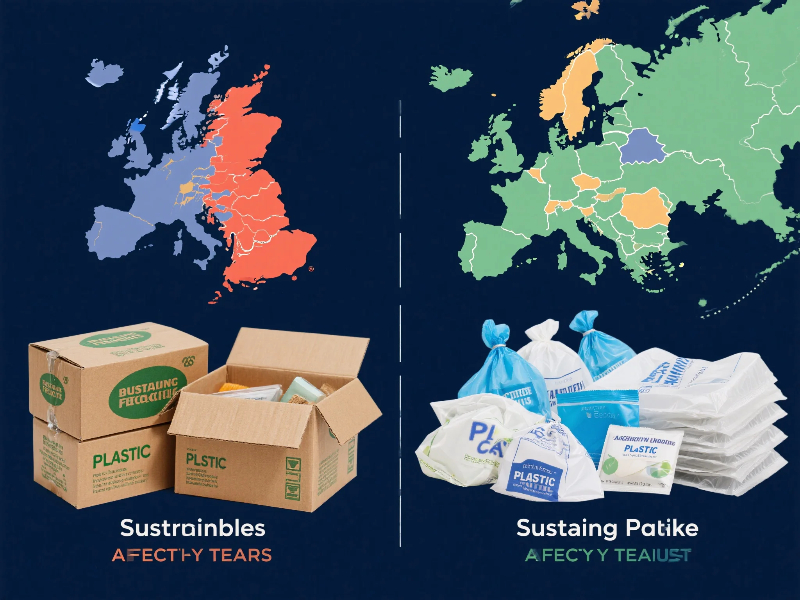
Infographics (Suggested)
- Lifecycle of Imported vs. Locally Produced Sustainable Packaging.
- Tariff impact on packaging costs across EU & UK.
- Trade routes and eco-friendly product flows.
FAQs Section
Q1: Why are tariffs important for sustainable packaging?
Tariffs increase costs for imported eco-friendly packaging materials, making sustainable alternatives less competitive in global trade.
Q2: How does Brexit affect the sustainable packaging trade?
Brexit introduced new tariffs and customs regulations, complicating the UK’s ability to import and export sustainable packaging.
Q3: Can international trade agreements reduce packaging costs?
Yes, free-trade agreements can lower tariffs, making eco-friendly packaging more accessible and affordable for businesses and consumers.
Q4: Is sustainable packaging in the EU and UK growing?
Yes, despite tariffs, demand is rising due to consumer preferences, government policies, and the EU’s Circular Economy Action Plan.
Call to Action (CTA)
🌍 Want to stay ahead of sustainable packaging trends? Subscribe to our newsletter for updates on tariffs, trade policies, and eco-friendly business strategies in the EU & UK.
✅ Conclusion
In conclusion, tariffs and international trade policies play a critical role in shaping the future of sustainable packaging in the EU and UK. While regulatory frameworks push companies toward greener materials, trade barriers and tariffs can increase costs, slow adoption, and limit access to eco-friendly alternatives. However, businesses that adapt through regional sourcing, innovation in recyclable materials, and supply chain diversification will be better positioned to thrive in this evolving market.
Ultimately, sustainable packaging in the EU and UK will depend on balancing trade policies with environmental goals, ensuring that eco-friendly solutions remain both affordable and accessible for businesses and consumers.
Related
Discover more from Ecofriendly
Subscribe to get the latest posts sent to your email.


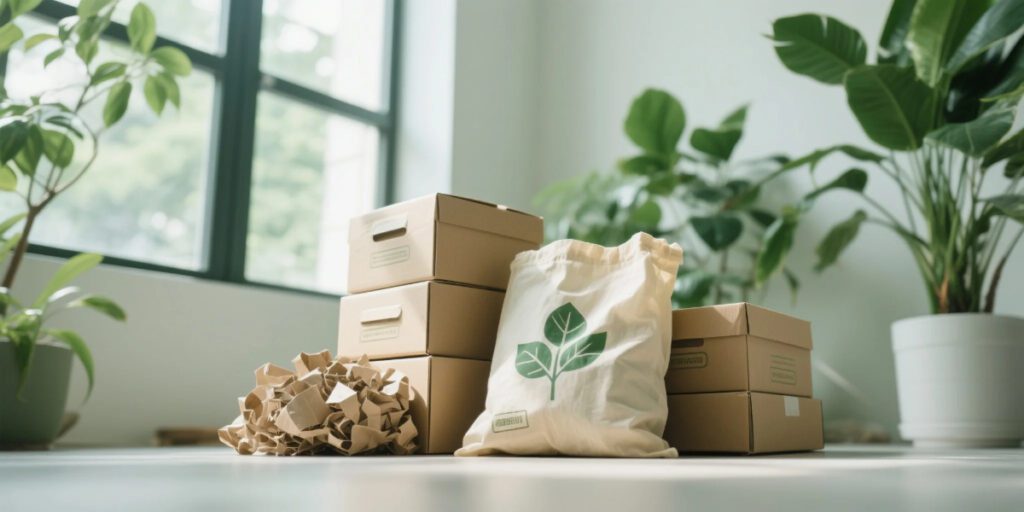
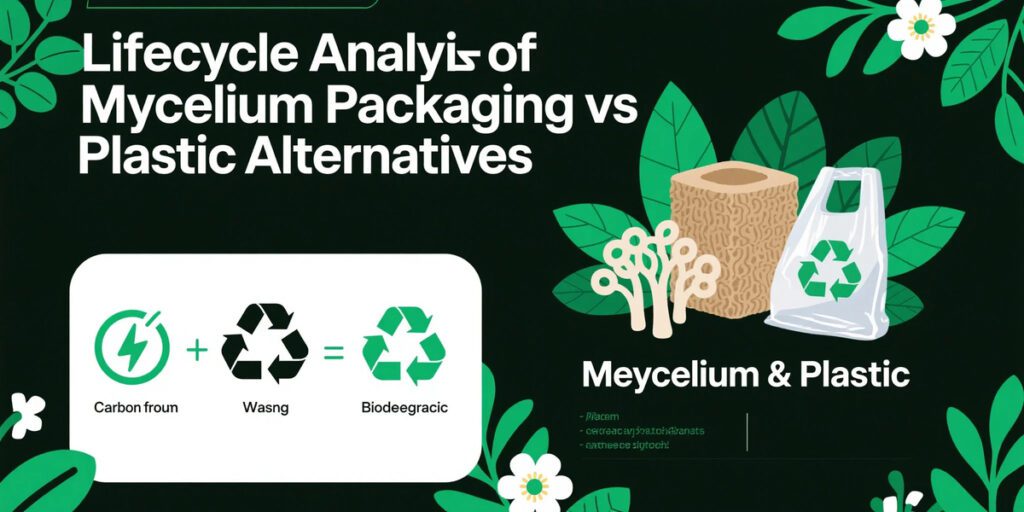
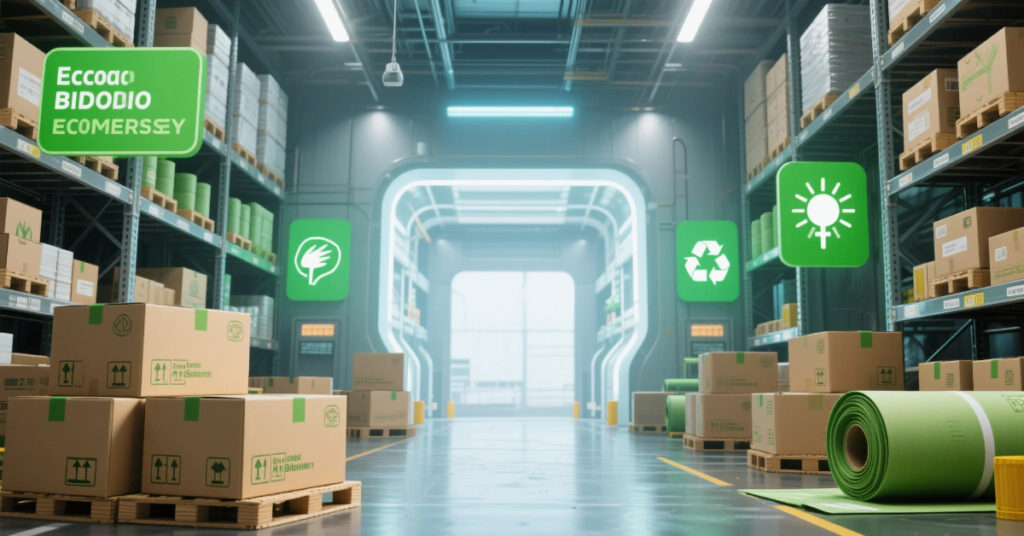
https://shorturl.fm/wKBkv
Thank you so much
https://shorturl.fm/tKanU
Thank you so much
https://shorturl.fm/bk4bJ
Thank you so much